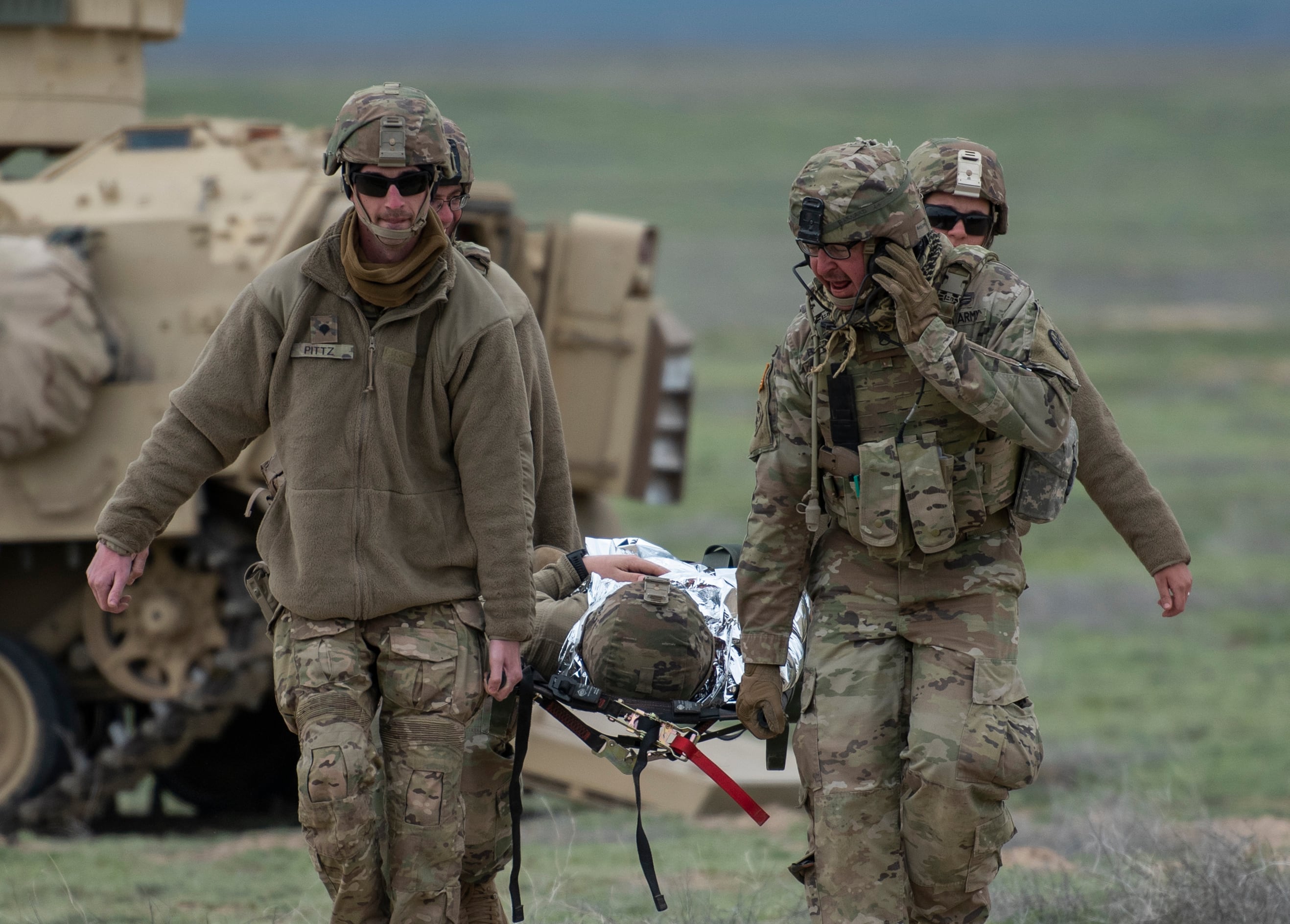A bipartisan group of House lawmakers are again pushing to allow some recently separated service members to use their GI Bill benefits to start a new business instead of attending college classes.
The proposal, which has failed to gain legislative traction in recent years, would establish a three-year pilot program for up to 250 veterans to pursue “educational entrepreneurial training” and receive their education payouts in the form of start-up capital instead of the traditional tuition payments.
“Higher education is essential for many [veterans], but some have a different calling,” said Rep Ben Cline, R-Va. and a sponsor of the measure. “Veterans are seeking more options and want the choice to use their GI Bill benefit to start their own business.
“It’s common sense to offer veterans a choice in accessing resources, training, and support to pursue the American dream to start a small business, create jobs, and generate growth in our economy.”
RELATED

Under the current Post-9/11 GI Bill education benefits program, eligible veterans receive 36 months of tuition payouts, housing stipends and other financial assistance. In certain cases, service members can also transfer that benefit to a spouse or dependents for their college classes.
According to 2019 U.S. Census Bureau data, more than 2.5 million businesses in America are veteran-owned, making up just under 10 percent of all American small businesses. Supporters of the Veterans Entrepreneurship Act say that individuals interested in pursuing that path after military service should not be shut out from using their earned benefits.
“By helping veterans start businesses, we are investing in America’s best and brightest,” co-sponsor Rep. Lou Correa, D-Calif., said in a statement.
“When our service members transition into civilian life, they bring considerable skills and experiences with them. Veterans know how to manage risk on the battlefield. And that’s what a successful entrepreneur does — manage risk.”
But the idea has faced resistance in the past in part because of already existing federal programs aimed at helping promote veteran entrepreneurship and employment, and in part because of concerns that misuse of the college benefit could result in long-term financial disadvantages for veterans.
RELATED

Lawmakers behind the pilot program proposal countered that by saying all applicants could be required to complete an approved entrepreneurial training program, such as one run by the Small Business Administration or an accredited university.
Following that, participants would have to develop a business plan and submit it to program officials. Payouts would be made in the form of a grant “provided through installments determined by the milestones a veteran may be required to meet within their approved business plan.”
Versions of the idea have made some progress in both the House and Senate in recent years, but have not reached final approval from both chambers. No timeline has been set for a hearing or vote on the new proposal.
Leo covers Congress, Veterans Affairs and the White House for Military Times. He has covered Washington, D.C. since 2004, focusing on military personnel and veterans policies. His work has earned numerous honors, including a 2009 Polk award, a 2010 National Headliner Award, the IAVA Leadership in Journalism award and the VFW News Media award.





